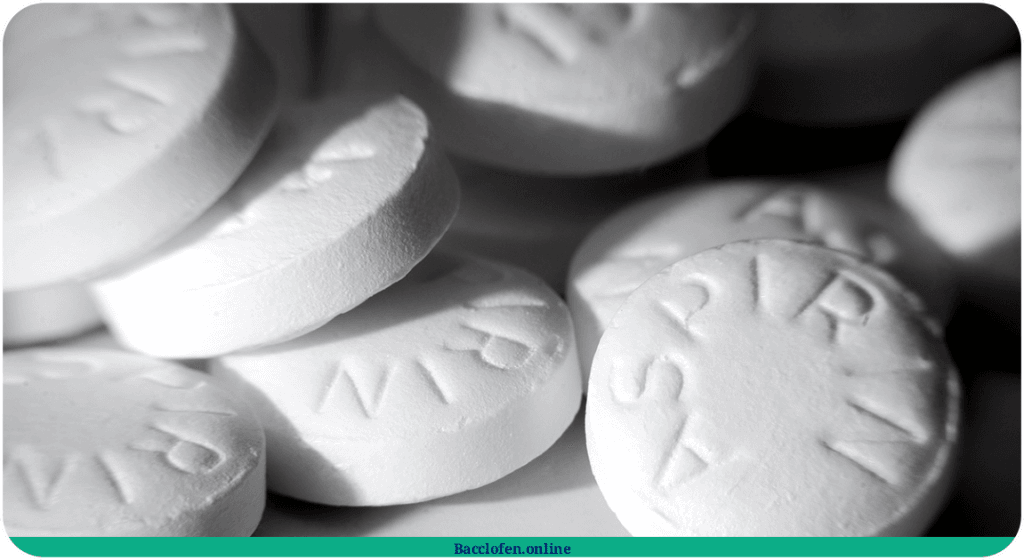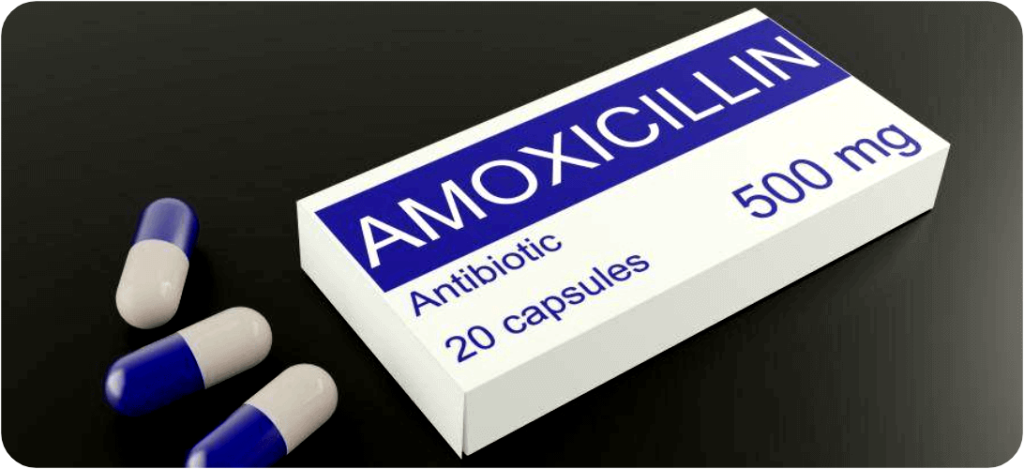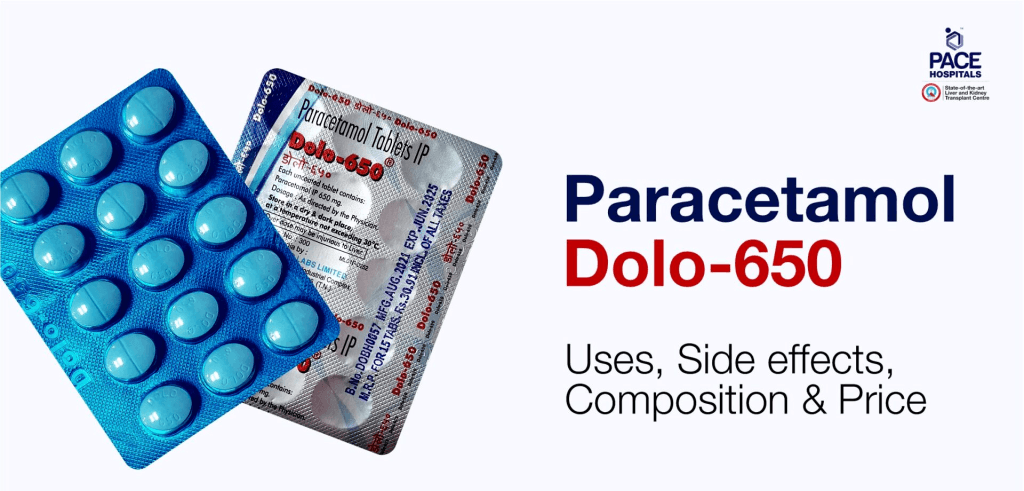Aspirin, a commonly used medication with the active ingredient acetylsalicylic acid, has been a cornerstone in medicine for over a century. Known for its versatility, aspirin functions as a pain reliever, fever reducer, anti-inflammatory agent, and blood-thinner. Its multifaceted applications make it one of the most important drugs in modern medicine.
This guide provides an in-depth look at aspirin’s uses, benefits, and potential risks, helping users understand how to use it safely and effectively.
What Is Aspirin?
Aspirin belongs to the nonsteroidal anti-inflammatory drug (NSAID) family, which works by inhibiting cyclooxygenase (COX) enzymes. These enzymes play a key role in producing prostaglandins, chemicals responsible for inflammation, pain, and fever. By reducing prostaglandin production, aspirin alleviates symptoms and prevents certain medical conditions.
In addition to its anti-inflammatory properties, aspirin has a unique ability to prevent blood clots by inhibiting platelet aggregation, making it a vital tool for cardiovascular health.

Uses of Aspirin
Aspirin’s applications are diverse, addressing a wide range of medical conditions:
1. Pain Relief (Analgesic)
- Effective for mild to moderate pain, including:
- Headaches
- Migraines
- Toothaches
- Muscle soreness
- Menstrual cramps
2. Fever Reduction (Antipyretic)
- Reduces fever by acting on the brain’s hypothalamus, the center for temperature regulation.
3. Anti-inflammatory Agent
- Treats inflammation-related conditions like:
- Rheumatoid Arthritis
- Osteoarthritis
- Tendinitis
- Bursitis
4. Heart Attack and Stroke Prevention (Antiplatelet Therapy)
- Aspirin’s ability to thin blood makes it invaluable in preventing clot-related conditions:
- Primary Prevention: Used in individuals at high risk for cardiovascular disease.
- Secondary Prevention: Prevents recurrence of heart attacks, strokes, and other clot-related issues.
5. Emergency Use During a Heart Attack
- Chewing an aspirin tablet during the onset of a heart attack may reduce the severity by slowing clot formation.
6. Chronic Disease Management
- Rheumatic Fever: Relieves joint pain and swelling associated with this inflammatory disease.
- Kawasaki Disease: Used in children under strict medical supervision to reduce inflammation and prevent blood clots.
7. Emerging Research Areas
- Cancer Prevention: Studies suggest regular aspirin use may reduce the risk of colorectal and other cancers.
- Alzheimer’s Disease: Research is exploring aspirin’s potential to slow neurodegeneration, although findings are still inconclusive.
Benefits of Aspirin
Aspirin’s widespread use is attributed to its many advantages:
1. Cost-Effective and Accessible
- Available over the counter and affordable, making it a widely used remedy globally.
2. Multi-Functional
- Offers relief from pain and inflammation while supporting heart health, making it versatile in its applications.
3. Proven Cardiovascular Benefits
- Helps prevent life-threatening conditions like heart attacks and strokes, particularly in at-risk populations.
4. Well-Tolerated in Low Doses
- Low-dose aspirin (75-100 mg daily) is generally safe for long-term use under medical supervision.
Potential Side Effects of Aspirin
While aspirin is highly effective, it can cause side effects, particularly with prolonged use or high doses. It’s essential to be aware of these risks:
1. Common Side Effects:
- Nausea
- Stomach upset
- Heartburn or indigestion
2. Serious Side Effects:
- Gastrointestinal (GI) Bleeding:
- Prolonged use or high doses can irritate the stomach lining, leading to ulcers or bleeding.
- Allergic Reactions:
- Symptoms include rash, swelling, difficulty breathing, or anaphylaxis.
- Tinnitus (Ringing in the Ears):
- A sign of aspirin toxicity, often associated with higher doses.
- Reye’s Syndrome:
- A rare but serious condition in children and teenagers recovering from viral infections. Aspirin should be avoided in this age group unless specifically directed by a doctor.
3. Drug Interactions:
- Aspirin can interact with:
- Blood Thinners (e.g., warfarin): Increasing the risk of bleeding.
- Other NSAIDs (e.g., ibuprofen): Reducing the effectiveness of aspirin’s heart-protective effects.
- Diabetes Medications: Potentially affecting blood sugar control.
Precautions for Safe Use
1. Consult a Doctor Before Long-Term Use:
- Especially if you’re using aspirin for heart attack or stroke prevention.
2. Avoid in Specific Conditions:
- Do not use aspirin if you have:
- Active stomach ulcers
- A bleeding disorder (e.g., hemophilia)
- An aspirin allergy
3. Pregnancy and Breastfeeding:
- Aspirin is generally avoided during pregnancy, particularly in the third trimester, as it may affect the baby’s development or delivery. Always consult a doctor.
4. Monitor Dosage:
- Follow dosage instructions carefully to avoid overdose and toxicity.
5. Check for Drug Interactions:
- Inform your doctor about all medications and supplements you’re taking.
Recommended Dosages
The appropriate dosage of aspirin depends on the condition being treated:
1. Pain or Fever Relief:
- Adults: 325-650 mg every 4-6 hours as needed, not exceeding 4,000 mg per day.
- Children: Dosage is weight-based and must be determined by a doctor.
2. Heart Attack or Stroke Prevention:
- Low-Dose Therapy: 75-100 mg daily, as prescribed by a doctor.
3. Emergency During a Heart Attack:
- Chew a 325 mg tablet immediately while waiting for medical assistance.
Also check


